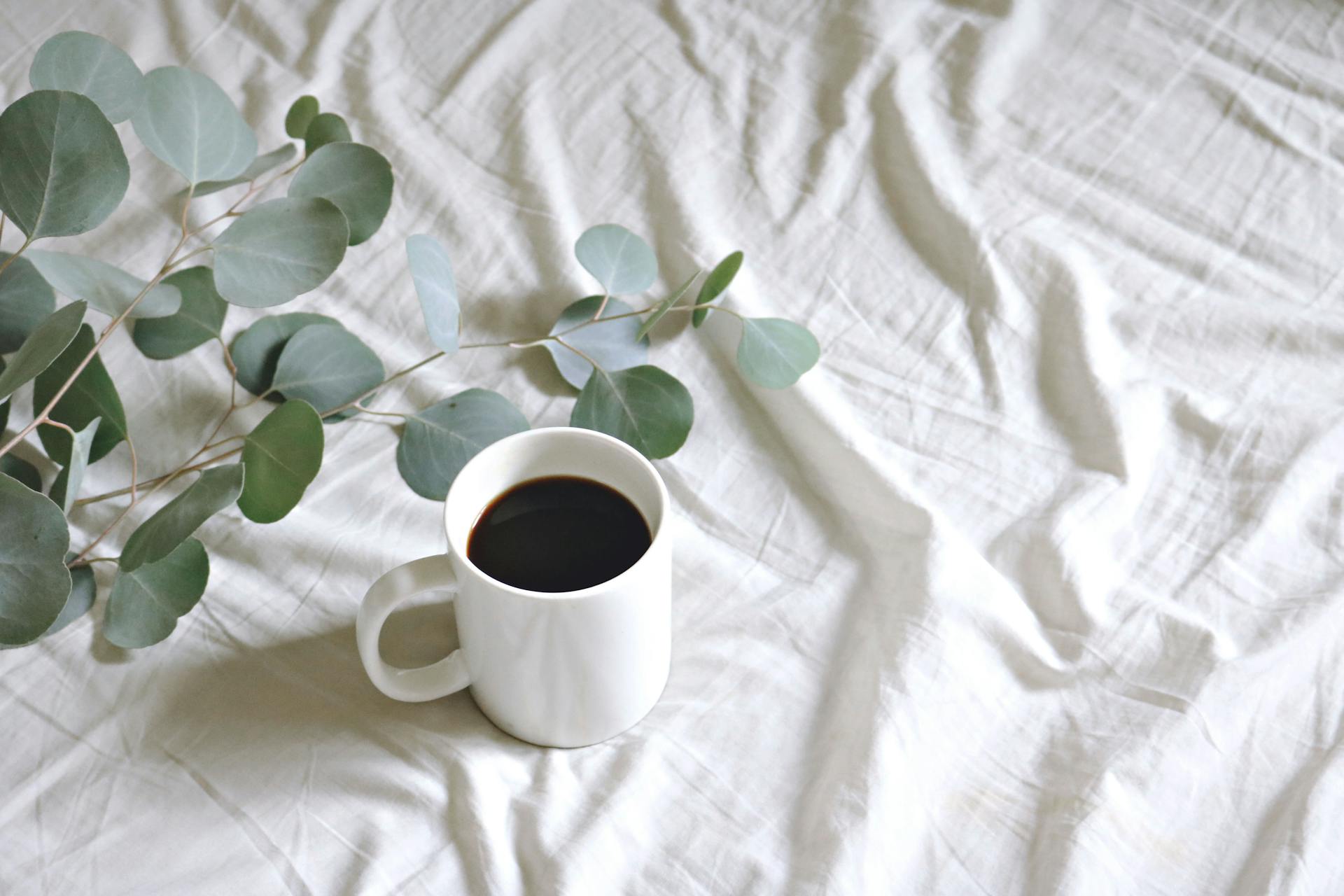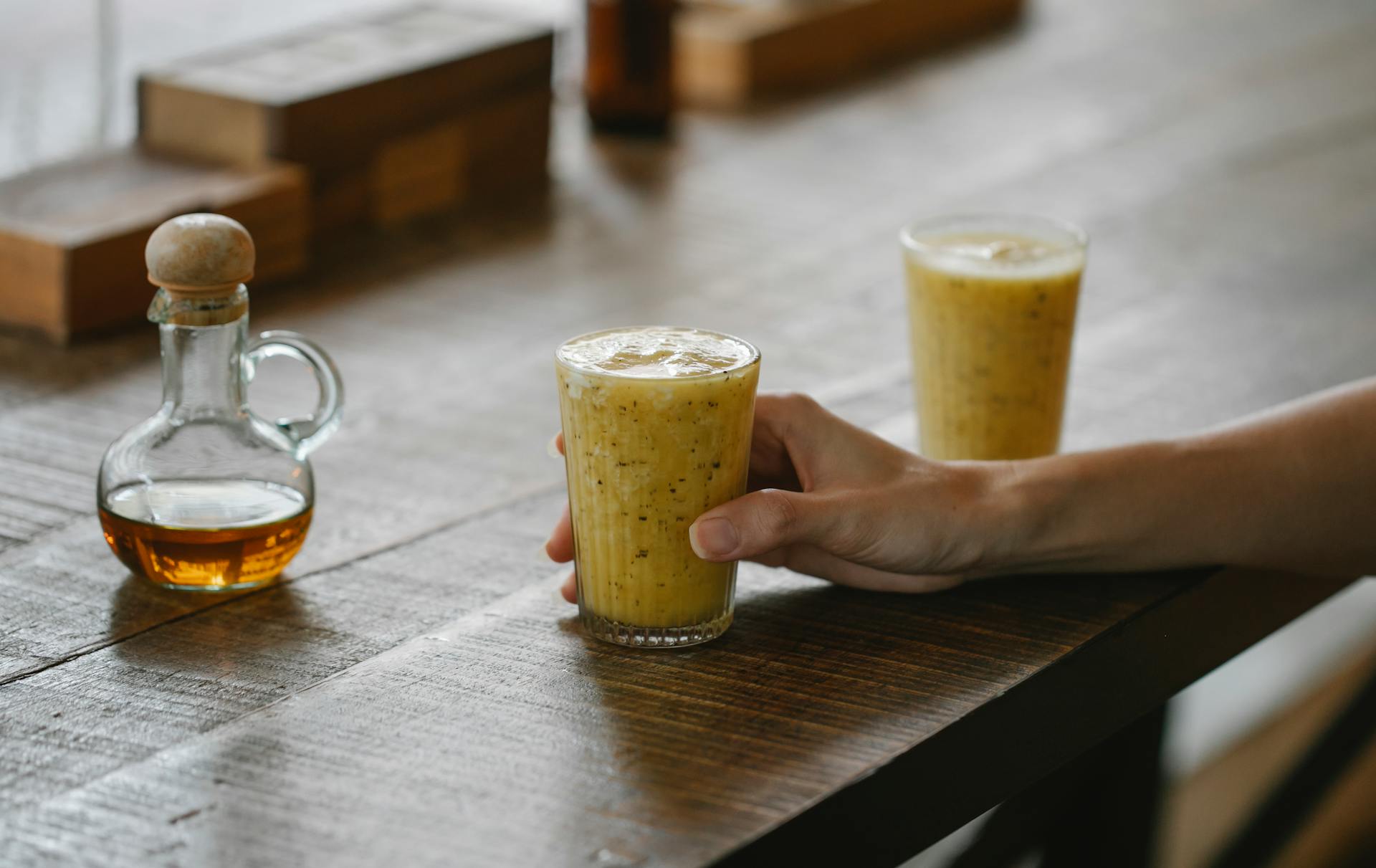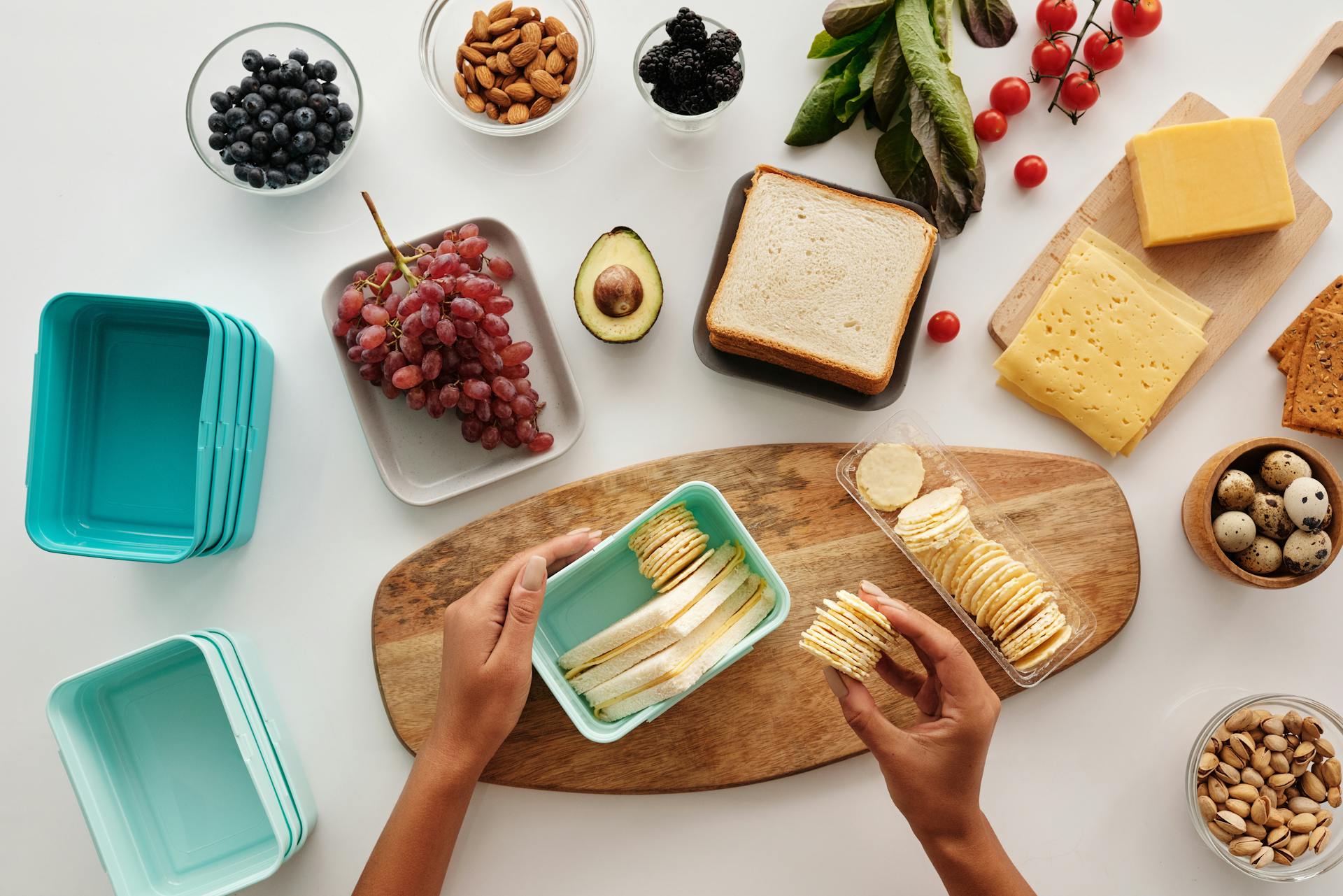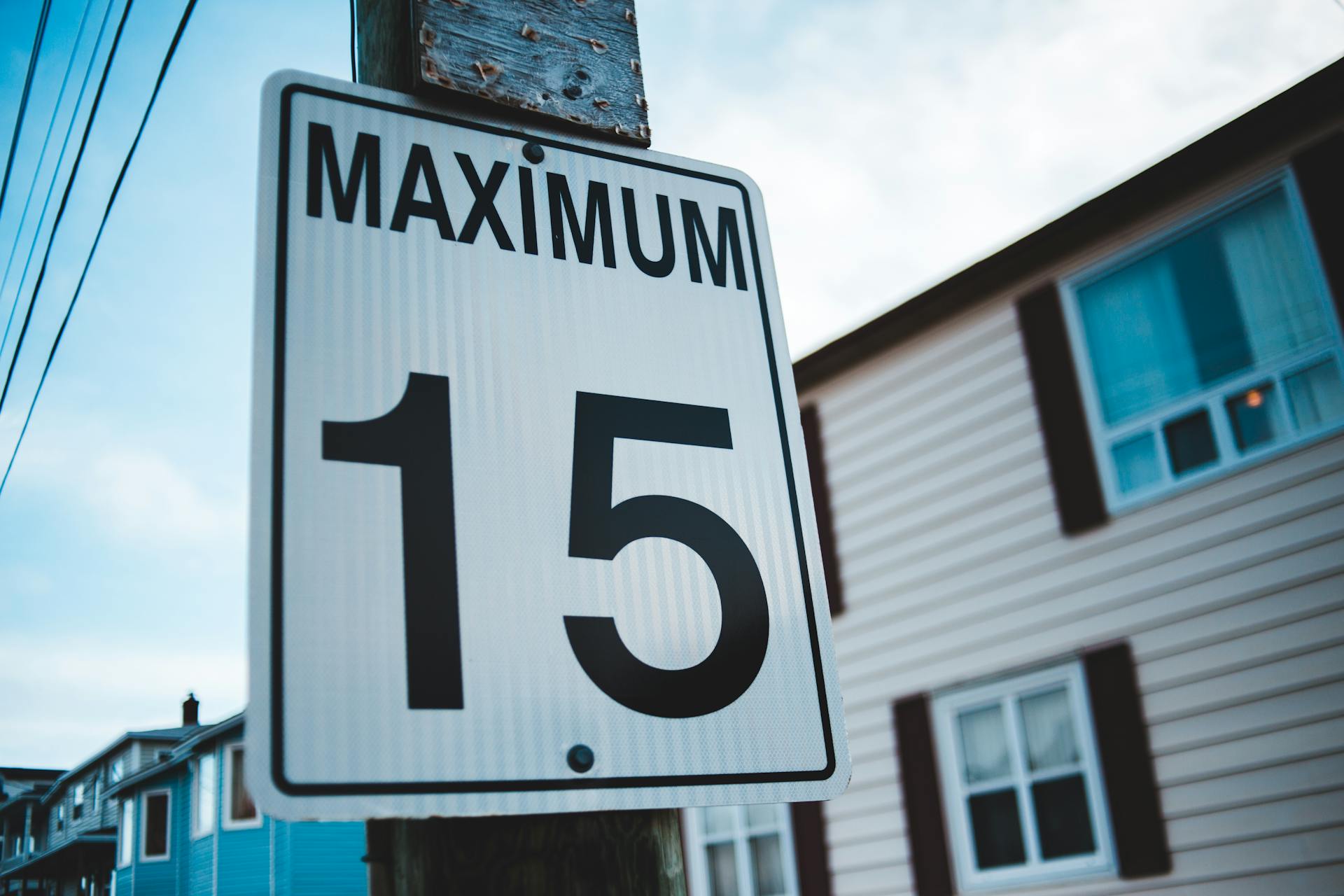
Coffee is the biggest dietary source of caffeine in the world. A single cup of coffee contains an average of 95 mg of caffeine, but the amount varies depending on several factors such as the type of coffee, brewing process, and serving size. With so many different coffee drinks available today, it can be difficult to know how much caffeine you're consuming. That's why we've put together a detailed guide on how much caffeine is in a cup of coffee.
Whether you're a coffee lover or just looking for a morning pick-me-up, understanding caffeine content is essential. Consuming too much caffeine can lead to negative side effects such as jitters and insomnia. On the other hand, not consuming enough can leave you feeling groggy and unproductive. In this article, we'll explore the factors that affect caffeine content in coffee and provide you with all the information you need to make informed decisions about your daily caffeine intake. From espresso shots to cold brews, we'll cover it all!
What Factors Affect Caffeine Content?
Caffeine content in coffee depends on various factors like the type of coffee beans used, the roasting style, and the serving size. Coffee beans naturally contain caffeine, and different types of beans have varying levels of caffeine. For instance, Robusta coffee beans contain more caffeine than Arabica coffee beans.
Roasting also affects the caffeine content in coffee. Darker roasts typically have less caffeine than lighter roasts because the longer roasting process breaks down some of the caffeine molecules. However, darker roasts tend to have a deeper flavor profile than lighter roasts.
Serving size is another factor that plays a role in determining the total caffeine content in your cup of coffee. Regularly brewed coffee has less caffeine per serving than espresso or instant coffee, while decaf coffee has a negligible amount of caffeine. Understanding how these factors affect caffeine content can help you make better choices when it comes to your daily cup of joe!
The Impact of Caffeine on Your Body and Mind
Caffeine is a mild psychoactive drug that occurs naturally in coffee, tea, and cacao plants. It's also added to energy drinks and some medications. When you consume caffeine, it quickly enters your bloodstream and travels to your brain where it affects the central nervous system. Within 20 minutes of consuming caffeine, you will feel a caffeine boost that can reduce sleepiness and increase alertness.
Most people get their caffeine fix from one or two 8-ounce cups of brewed coffee per day. However, excessive caffeine intake leads to unpleasant side effects including dehydration, jittery anxious feelings, rapid heart rate, trouble sleeping, and headaches. If you consume caffeine late in the day, it can interfere with your sleep cycle and disrupt your ability to fall asleep or stay asleep.
In conclusion, while coffee and other caffeinated beverages provide a quick boost of energy that can improve mental focus and alertness temporarily, consuming too much caffeine can lead to unpleasant side effects. Therefore, it's important to be mindful of your caffeine intake and limit yourself to no more than 400mg per day (equivalent to about four cups of coffee). Remember that moderation is key when it comes to caffeine consumption!
Coffee's Caffeine Content: What You Need to Know
There's no denying that coffee is one of the most popular beverages in the world. But have you ever wondered how much caffeine is in your favorite cup of coffee? The truth is, the exact amount of caffeine in coffee ranges depending on a few factors such as brands varieties, types of coffee beans, and even brewing methods.
If you're looking to cut down on your caffeine intake or just want to make sure you're not making weak coffee, it's important to know some general principles about caffeine information in your coffee choices. For instance, strong coffee typically has more caffeine than light roast, while brewed coffee tends to have more caffeine than espresso.
While the minimum amount of caffeine for brewed coffee can be around 95mg per small cup and 200mg per extra-large cup, it's always wise to check with your local barista or look up the specific brand for accurate information. So whether you need that morning pick-me-up or just enjoy sipping on a warm cup of java, understanding the caffeine content in your favorite brew can help you make informed decisions about your daily habits.
1. Decaffeinated Coffee
Decaffeinated coffee generally has much less caffeine than regular coffee products, but it is not completely caffeine-free. Testing shows that instant decaf brands can have as little as 2mg of caffeine per 8-ounce cup, while brewed decaf typically has around 5mg per 8-ounce cup and a brewed espresso shot has about 15mg per 1-ounce shot. Florida tested Starbucks decaf and the company reported that an 8-ounce short cup of their decaffeinated coffee contains between 0–15mg of caffeine per serving. While decaf may not be completely without caffeine, it can still be a good option for those who want to greatly limit their intake.
2. Instant Coffee
Instant coffee is a quick and easy way to get your caffeine fix, but how much caffeine does it actually contain? Well, it depends on the brand and type of instant coffee you're drinking. On average, an 8-ounce cup of regular instant coffee contains approximately 62mg of caffeine, while decaffeinated instant coffee contains none at all. But how does that compare to regular brewed coffee? Keep reading to find out!
3. Brewed Coffee
Brewed coffee is a popular morning beverage that many of us rely on for our daily dose of caffeine. An 8-ounce cup of brewed coffee contains approximately 95mg of caffeine, but surprisingly, the amount can vary depending on the type of roast used. Lighter roasts have slightly more caffeine than darker roasts due to the fact that lighter roasted beans are a bit denser and require higher temperatures to brew properly. The result is a richer flavor with slightly more kick.
4. Espresso
Espresso is a concentrated coffee beverage that contains more caffeine per ounce than regular coffee. However, the amount of caffeine in an espresso-based drink can vary depending on factors such as the type of bean, the roasting process, and the brewing method. A typical medium-sized latte made with espresso and added milk can have anywhere from 63 to 126 milligrams of caffeine, but it also adds calories to your daily intake. It's important to remember that caffeine is measured differently in various coffee products, so be mindful of how much you're consuming.
5. Iced Coffee
When it comes to iced coffee drinks, the amount of caffeine can vary depending on the type of coffee used and the size of your cup. While a hot version of whichever coffee you choose will have the same amount of caffeine, the difference in temperature can make a big impact on your experience with this caffeinated beverage. So whether you prefer a small or large sized cup, it's important to know how much caffeine you're getting in your iced coffee drink compared to a hot coffee.
6. Serving Size
Serving size is an important factor to consider when it comes to your coffee intake. Coffee shops, Starbucks included, sell a variety of coffee drinks in varying serving sizes. A typical 8-ounce serving of coffee contains around 95 milligrams of caffeine and zero calories, but if you order a larger size or add cream and sugar, the calorie intake can quickly add up. Paying attention to serving sizes can be key in managing your weight loss goals. To learn more about how much caffeine is in your favorite coffee drinks, keep reading!
7. Bean Strength
Have you ever wondered why some cups of coffee give you a bigger caffeine jolt than others? It all comes down to the bean strength. Caffeine content varies within individual coffee plants and even between popular arabica beans and the robusta variety. While robusta beans have a higher caffeine content, they are often used in lower quality coffees due to their bitterness. On the other hand, arabica beans offer a superior flavor but a lower caffeine jolt. So next time you order your coffee, keep in mind the type of beans being used!
8. Coffee vs. Tea and Soda
When it comes to a caffeine fix, coffee is the clear winner with an average of 95mg per cup of brewed coffee. However, tea and soda are also popular sources of caffeine. A cup of USDA black tea offers 48mg, while the amount of caffeine in soda varies depending on the brand and type. So, whether you prefer the complex flavor compound albeit bitter taste of coffee or the soothing comfort of tea, it all boils down to personal preference and how much caffeine you're looking for.
Get Insightful Words with Verywell's Latest
For the vast majority of American adults, a morning cup of coffee is a staple caffeinated beverage that provides a quick boost to their daily caffeine intake. In fact, it's estimated that coffee is consumed by over half of the entire United States population. While some may opt for small cups of decaffeinated coffee, decent medical evidence suggests that healthy adults should aim for a modest intake of caffeinated coffee to reap its many benefits.
But just how much caffeine is in a cup of brewed coffee? According to the United States Department of Agriculture (USDA) 2020 Food Date Central - Coffee Brewed, the average amount of caffeine in an 8-ounce serving of regular prepared brewed coffee is around 95 milligrams. However, this can vary depending on factors such as the type and roasting level of the beans used. Studies have shown that critical roasting level determines bioactive content and antioxidant activity in coffee beans (Lim Loong-Tak Zwicker Matthew Wang Xiuju 2019).
While moderate caffeine consumption has been linked to smarter effects and improved performance (Rogers PJ Heatherley SV Mullings EL Smith JE), excessive or sudden cut back from caffeine can cause withdrawal symptoms and negative effects on mood and performance (Mitchell DC Knight CA Hockenberry). Additionally, pregnant women are advised by The American College of Obstetricians and Gynecologists to limit their caffeine intake to no more than 200mg per day (Pregnancy Committee Opinion 462), as high doses may have harmful effects on fetal development. It's important to be mindful of your own body's response to caffeine consumption, and always consult with your doctor if you have any concerns about its potential effects on your health. By clicking accept, you'll enhance site navigation and analyze site usage while supporting marketing efforts for Verywell's latest information.
Frequently Asked Questions
How much is too much for a cup of coffee?
The cost of a cup of coffee varies depending on factors such as location, quality, and size. However, if you find yourself regularly spending more than $5 on a single cup, it may be time to reevaluate your coffee budget.
How much caffeine is really in your coffee?
The amount of caffeine in your coffee depends on the type of coffee bean used and how it's brewed. On average, an 8-ounce cup of coffee contains about 95 milligrams of caffeine.
Does coffee have more caffeine than a cappuccino?
No, a cappuccino typically contains less caffeine than a cup of coffee due to the smaller serving size and addition of milk. However, it depends on the specific type of coffee and how it is prepared.
How much caffeine is in a typical cup of coffee?
A typical cup of coffee contains about 95 milligrams of caffeine on average.
How many cups of coffee is too much coffee?
Consuming more than 4 cups of coffee per day may lead to negative health effects such as anxiety, insomnia, and digestive issues. It is best to consume coffee in moderation and listen to your body's signals.
Featured Images: pexels.com


